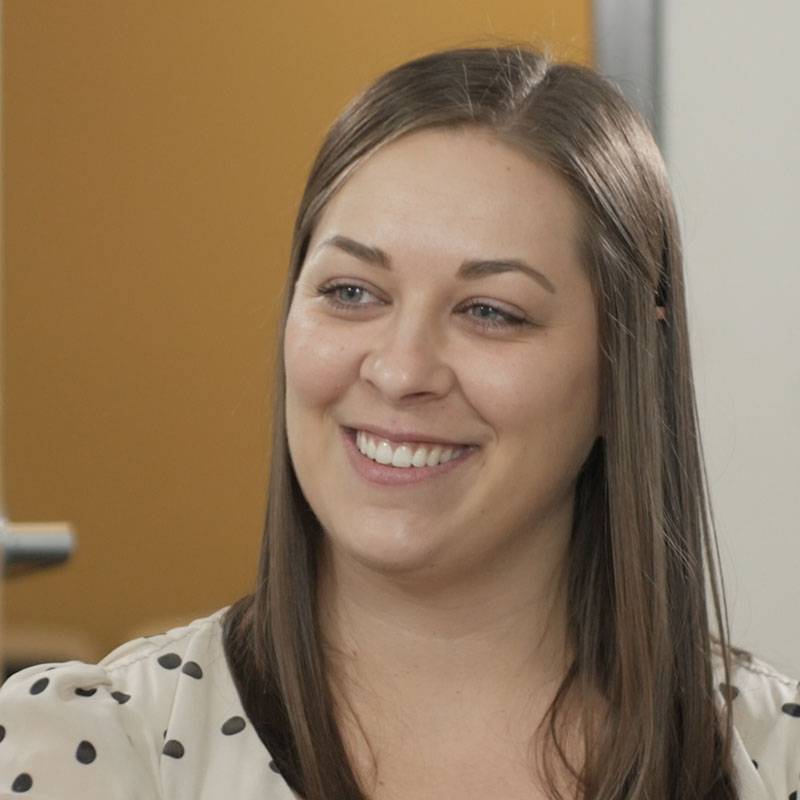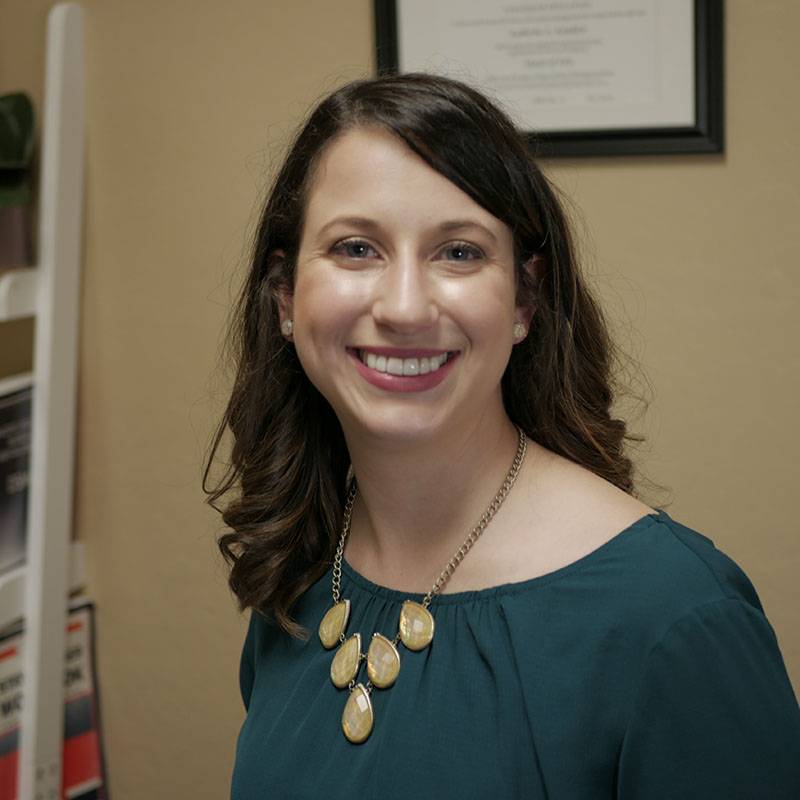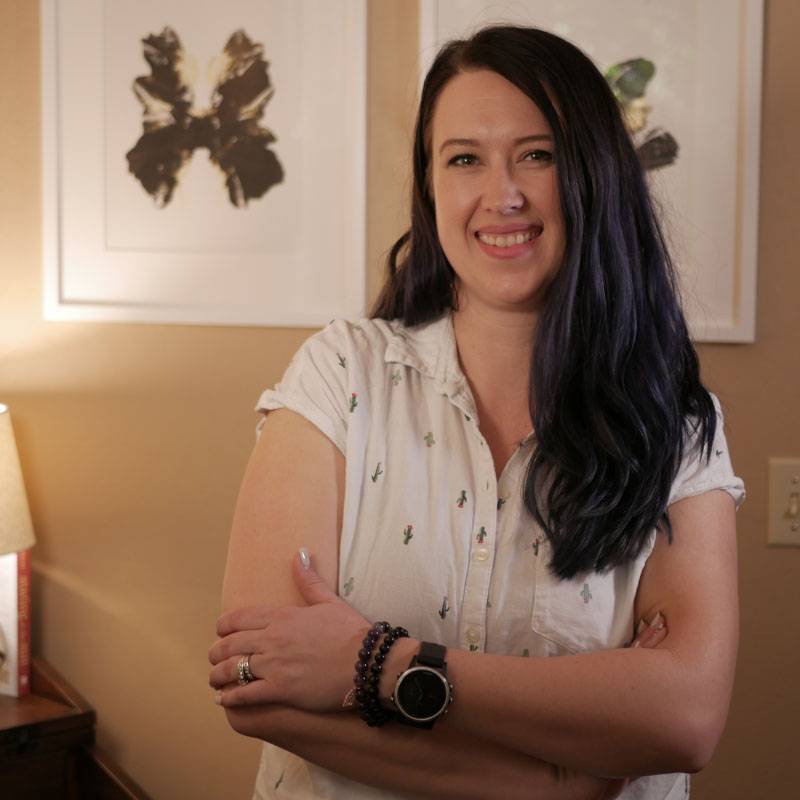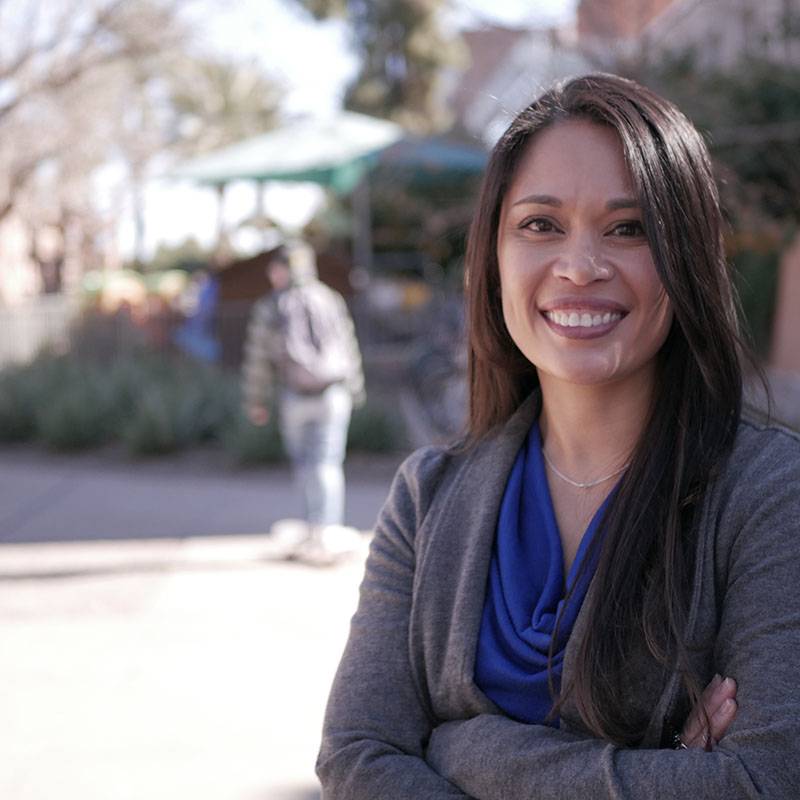
Mental health careers
Powered by Psych for Life®.
Mental Health careers focus on helping people overcome the emotional and psychological challenges in their lives.
Whether you are helping someone overcome the unexpected loss of a loved one, or you are helping someone win a lifelong battle against mental illness, careers in mental health can make a huge impact on people's lives.
Learn more from alumni who have gone into this field below:
Learn about other psychology graduates working in mental health by clicking the links below.


Katy Kandaris, MA, LPC
Professional Counselor, Inner Balance Counseling

Dawn Bartleman, MSc, LPC
Professional Counselor, Happy Hour Counseling



Morgan Hall, PhD
Clinical Neuropsychologist, Pinnacle Center

Interested in a career in mental health? Check out the resources below.

Prevention Specialist
Prevention specialists work to educate at-risk youth about substance abuse and other high-risk activities. In this career, you may work in schools or in the community to encourage a drug and alcohol-free lifestyle. You plan and implement programs to help young people in the target demographic become aware of substance abuse issues and teach them how to make alternative lifestyle choices. You may prepare and host activities in schools to discourage tobacco and drug use and to encourage healthy habits.
Recommended classes:
- PSY 290 - Research Methods
- HCR 350 - Introduction to Clinical Research
- PSY 315 - Personality Theory and Research
- PSY 360 - Cognitive Science
Typical salary: $35,000 - $60,000 a year
Requirements:
- Bachelor’s degree in psychology or a related field
- Graduate Certificate (optional) in Prevention Science

Psychometrist
Psychometrists primarily create, score and evaluate neuropsychological, psychological, personality and academic tests given to patients. Psychometrists must work under the direct supervision of a clinical psychologist or neuropsychologist.
Recommended classes:
- PSY 290 - Research Methods
- HCR 350 - Introduction to Clinical Research
- PSY 315 - Personality Theory and Research
- PSY 360 - Cognitive Science
Typical salary: $25,000 - $57,000 a year
Requirements:
- Bachelor’s degree in psychology or a related field with at least 3000 hours of testing, scoring and other administrative work under the supervision of a licensed psychologist or neuropsychologist
OR - Masters or Doctoral degree with at least 2000 hours of testing, scoring and other administrative work under the supervision of a licensed psychologist or neuropsychologist
- Finally, you will want to complete a licensure exam to be board certified
Click here to learn more about how to become a licensed psychometrist

Counselor
Counselors work with individuals and groups to promote mental and emotional wellbeing. Counselors can both evaluate and treat mental health problems using counseling and psychotherapy. Counselors can specialize in issues from family or marital problems to substance abuse.
Recommended classes:
- CAP 120 - Introduction to Counseling
- PSY 370 - Interpersonal Relationships
- PSY 315 - Personality Theory and Research
Typical salary: $27,000 - 70,000 a year
Requirements:
- Bachelor’s degree in psychology or a closely related field
- Master’s degree in counseling or related fields
- After finishing a graduate degree, you will work on becoming licensed. Licensure requirements vary per state.
Click here to learn more about ASU’s Master’s in Counseling program
Click here to learn more about ASU’s Master’s in Human Systems Engineering
Click here to find out more about the different counselor licensing requirements by state

Clinical Psychologist
A clinical psychologist diagnoses and treats patients with mental, emotional, and behavioral disorders.
Recommended classes:
- PSY 366 - Abnormal Psychology
- PSY 472 - Clinical Psychology
- PSY 370 - Interpersonal Relationships
- PSY 315 - Personality Theory and Research
Typical salary: $39,000 - 100,000 a year
Job outlook: Expected to increase by 14% by 2026
Requirements:
- Bachelor’s or master’s degree in psychology or a related field
- A doctoral degree (can be either a Ph.D. in psychology or a Doctor of Psychology degree (Psy.D.))
- 3,000 hours of supervised training required for licensure in Arizona

Psychiatrist
Psychiatrists specialize in diagnosing and treating mental illness. Psychiatrists differ from psychologists in that they can prescribe medication to help treat their patients.
Recommended classes:
- PSY 366 - Abnormal Psychology
- PSY 325 - Physiological Psychology
- PSY 224 - Introduction to Cognitive Neuroscience
- PSY 462 - Health Psychology
Typical salary: $71,000 - 250,000 a year
Requirements:
- Bachelor’s degree that will help you need medical school admissions requirements
- A medical degree (either an M.D. or a D.O.)
- Become licensed and board-certified
Interested in finding an internship or mentor in mental health? Fill out the form below.

You're building more than a career.
This guide to mental health careers for psychology and neuroscience majors is just the beginning. Psych for Life® offers practical tools grounded in psychological science to help you navigate life’s ups, downs and everything in between. Explore resources to support your well-being, relationships, family, career, community life and more.